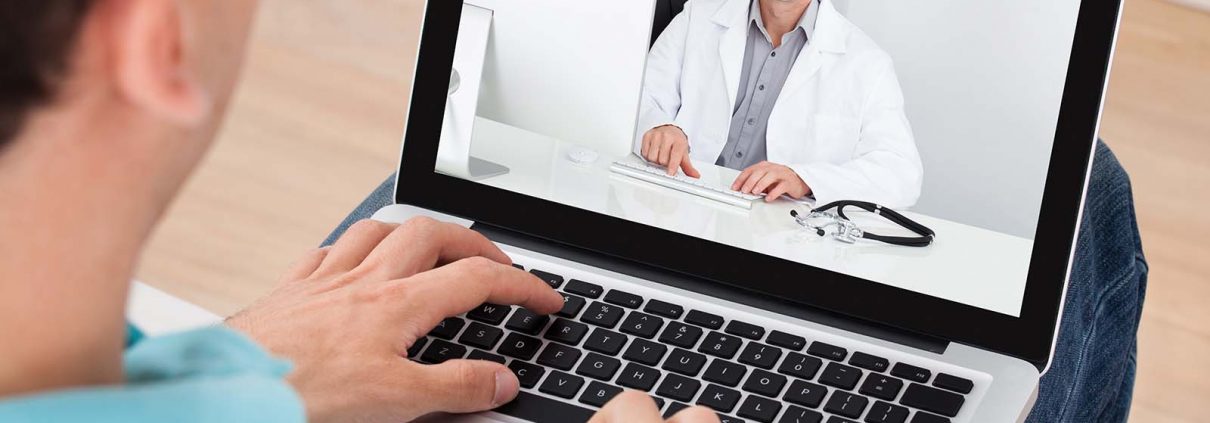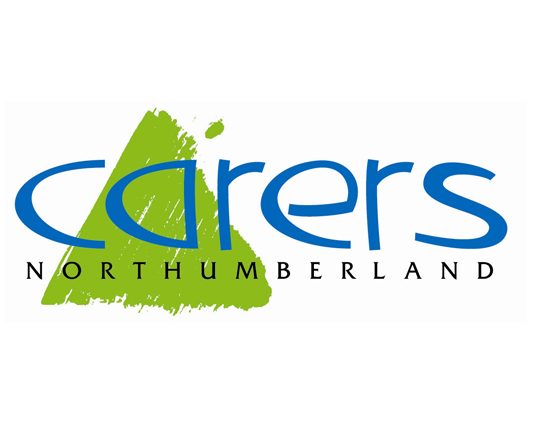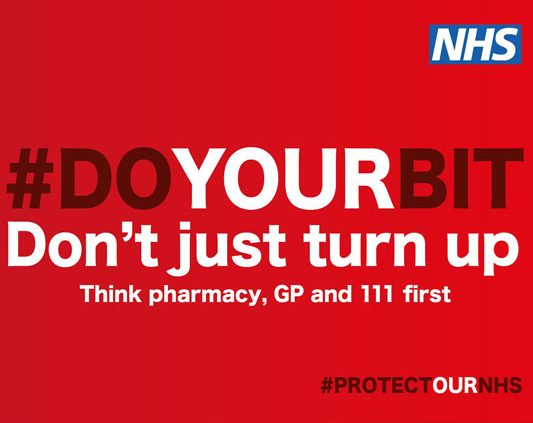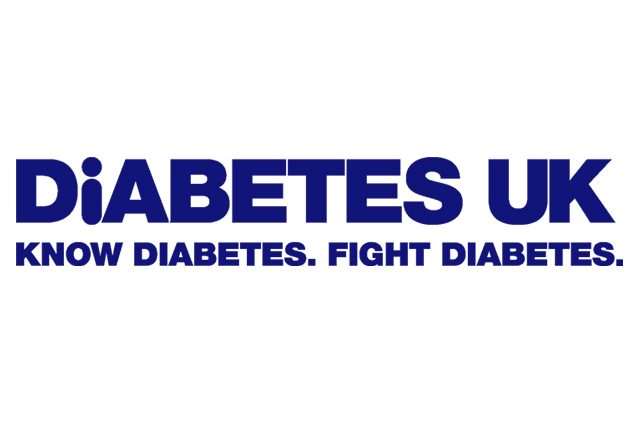How to contact your GP and get the help you need
As a result of Covid-19, the way patients access GP practices has had to change. Whilst this can be frustrating and unsettling at times, it is necessary to make sure that all staff and patients are kept safe. The following guidance from Northumberland Clinical Commissioning Group will help you to contact your GP and get the help you need.
What to do if you need to contact your GP
If your needs are non-urgent, adult patients can contact their GP via the e-consult service on your practice’s website in the first instance. You can contact your GP practice and get a reply within two working days. You can also request medication, sick notes and bloods results through this service.
For health care needs regarding children, urgent problems or for those patients who are unable to access online services, you should telephone your practice and your call will be answered as soon as possible. The practice may ask for a brief summary of the problem to help direct you to the most appropriate member of the GP practice team.
Please note that your consultation may not need to be with a GP. It may be that the care/advice you need can be given by another member of the practice team.
Where possible and appropriate, consultations will be conducted either online or via telephone. If a face-to-face appointment is required and you need to visit the practice, please wear a face covering (unless exempt) when you arrive.
Face-to-face appointments
Your temperature may be taken on arrival and you will also need to sanitise your hands. Please be aware that the surgery doors may be locked and you will need to be granted access by a member of the practice team. There will be less people in the waiting room than usual and chairs are positioned apart from each other to ensure you can observe social distancing.
Please ensure you observe social distancing while in your GP surgery. There is clear signage to guide you. You are asked to wear a face covering if you need to attend the surgery in person.
If you have any coronavirus symptoms including a high temperature, new, continuous cough or a loss or change to your sense of smell or taste please DO NOT visit a GP surgery. You must stay at home along with anyone you live with and anyone in your support bubble. Only leave home to get a test. Self-isolate until you get your result.
Urgent medical needs
Please don’t delay in contacting your GP practice if you have an urgent medical need. The NHS is here for you and your family.
You can also get urgent medical advice online from 111.nhs.uk or by calling 111. For life-threatening emergencies please call 999 or go straight to A&E.
What practices are doing to ensure services can be resumed as soon as possible
Practices are working extremely hard to manage the backlog of work and patient appointments as a result of Covid-19. Please be assured that they will be doing all they can to arrange appointments and services for you as quickly as possible.
Please also be mindful that, at times, workforces may be affected by Covid-19, so teams may be smaller than usual. They are, however, all doing their very best to look after you. We ask you to be patient, polite and respectful. No type of abuse will be tolerated by any member of staff.
All the necessary steps are being taken to protect you and staff from coronavirus. Robust measures are in place to ensure that practices are safe.
When to self-isolate
If you have symptoms of COVID-19, however mild, you must self-isolate for at least 10 days from when your symptoms started. Please do not visit your GP surgery. You should arrange to have a test to see if you have COVID-19.
If you are not experiencing symptoms but have tested positive for COVID-19, you also must self-isolate for at least 10 days, starting from the day the test was taken.
If you develop symptoms during this isolation period, you must restart your 10-day isolation from the day you develop symptoms. If you live with others, all other household members must stay at home and not leave the house for 14 days. The 14-day period starts from the day when the first person in the household became ill or if they do not have symptoms, from the day their test was taken.
High risk groups
If you are in a high risk group, you can still go out provided you are well but you should:
- Maintain two metres distance from people outside your support bubble
- Avoid crowded spaces
- Wear a face covering in shops and other enclosed spaces
- Avoid touching your face
- Wash your hands carefully and more frequently than normal
- Use sanitiser outside your home (where available) especially as you enter a building and after you have had contact with surfaces.










